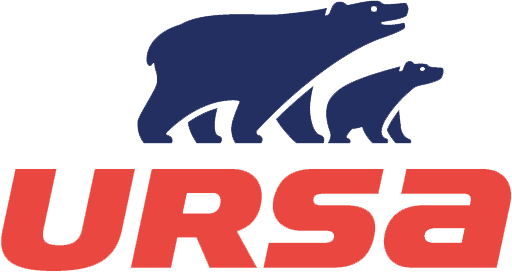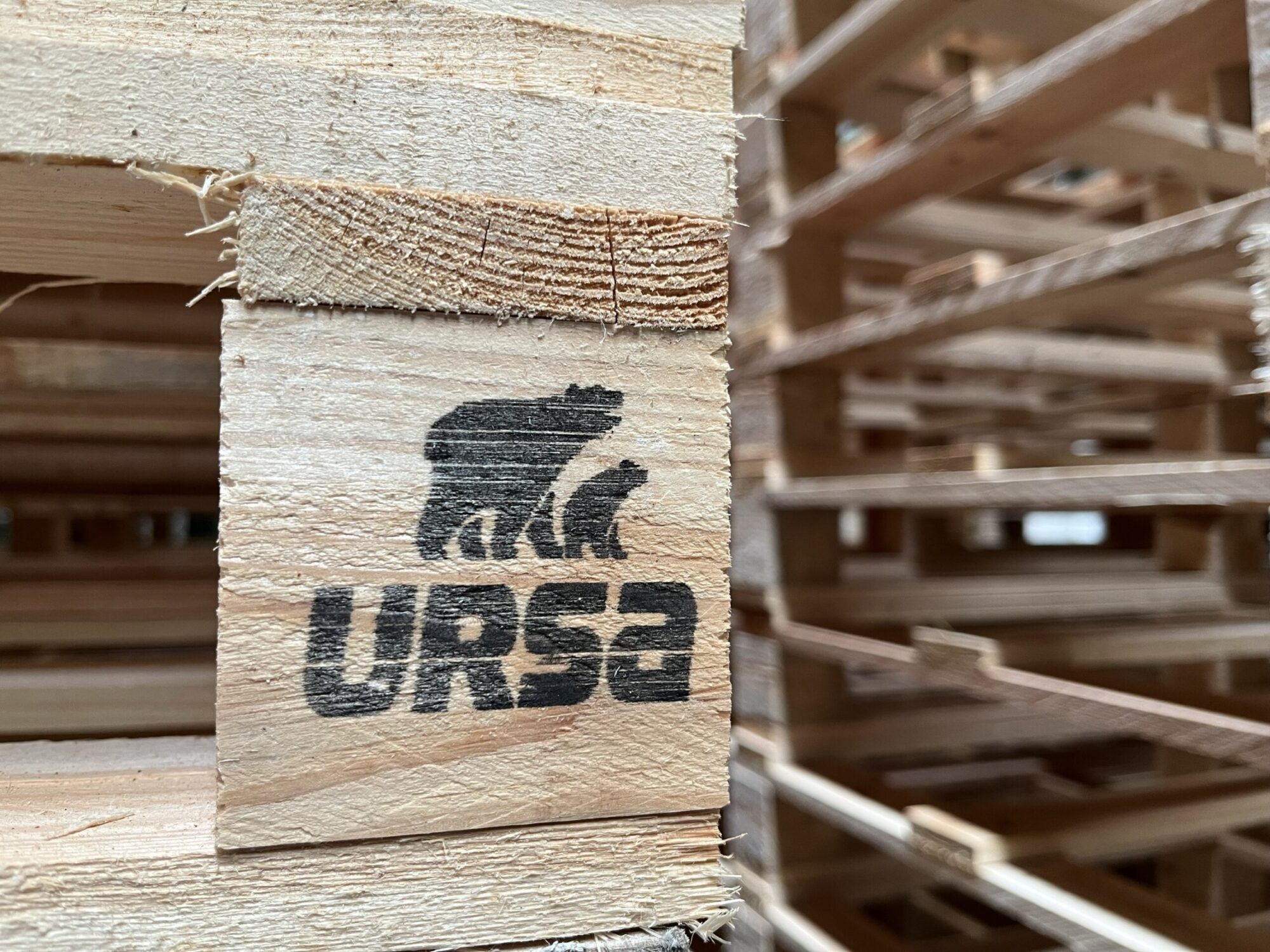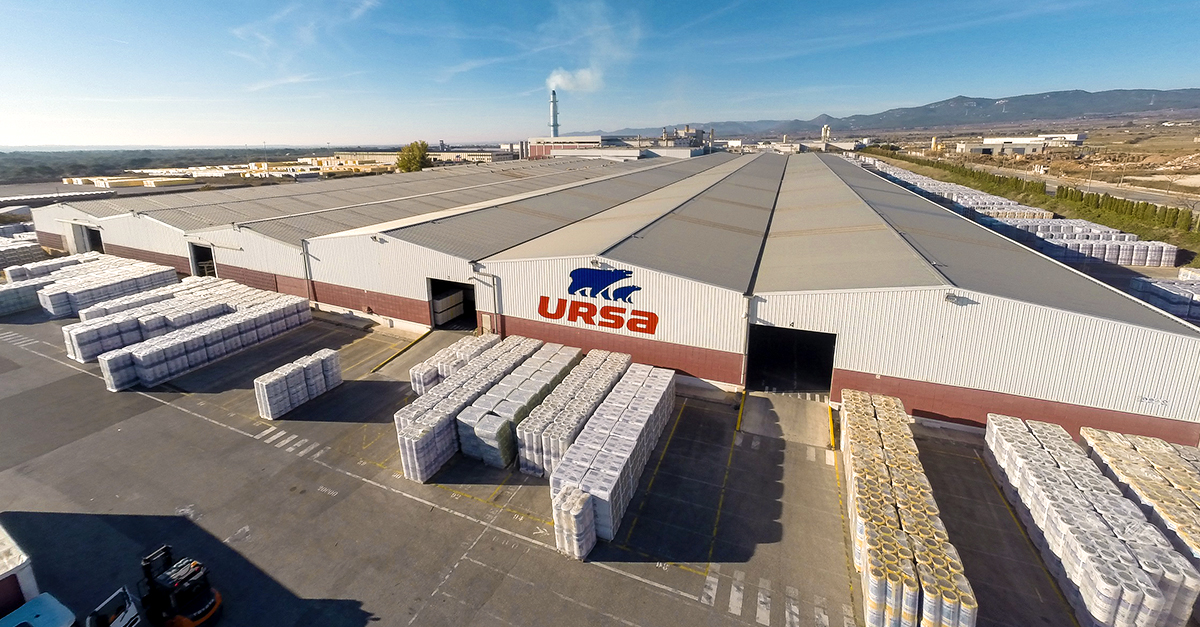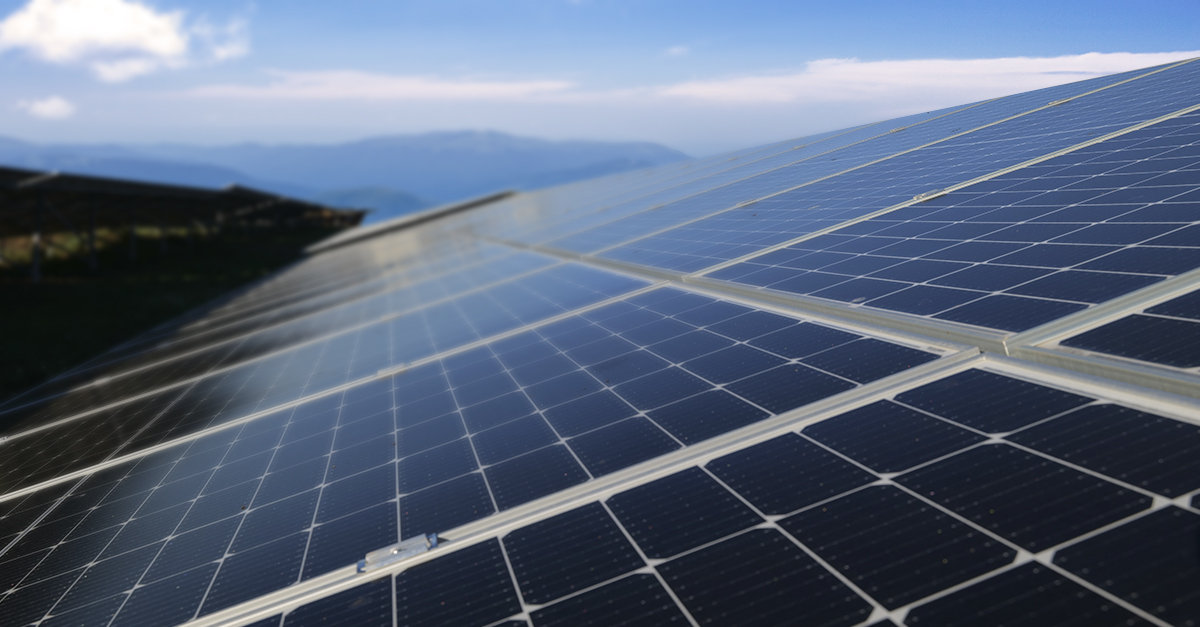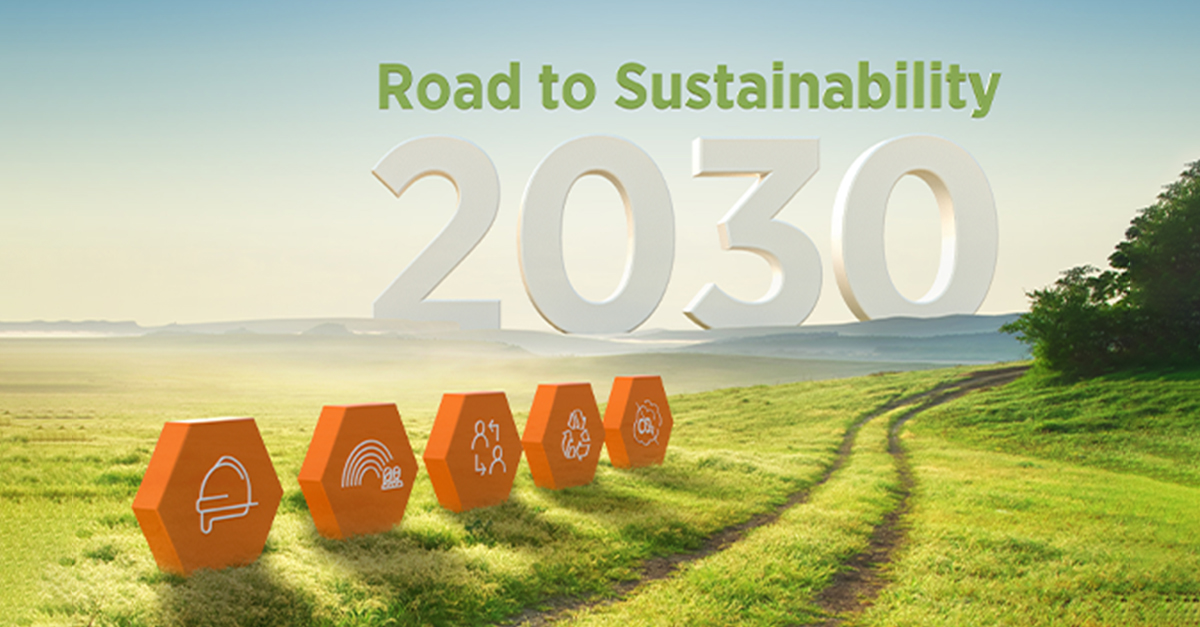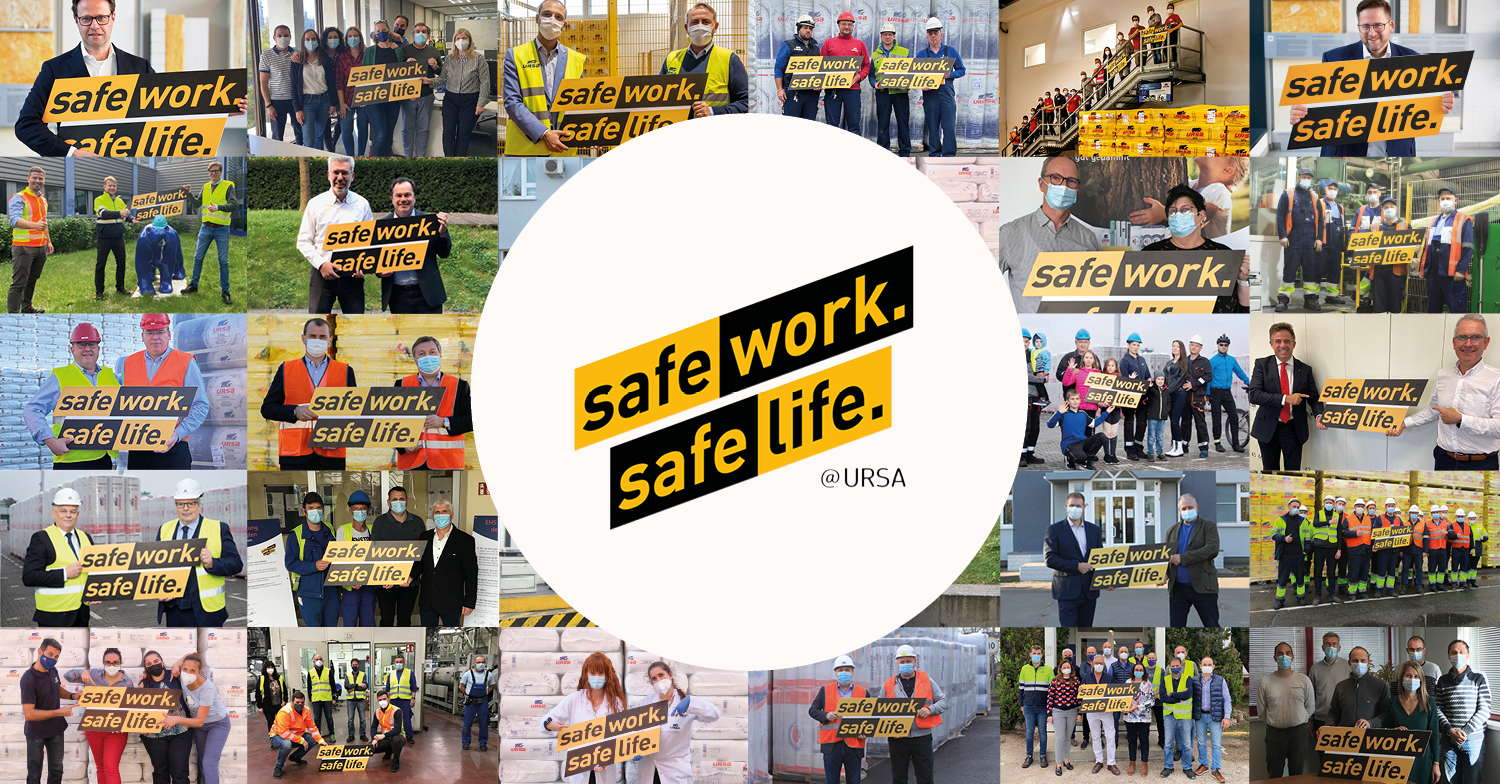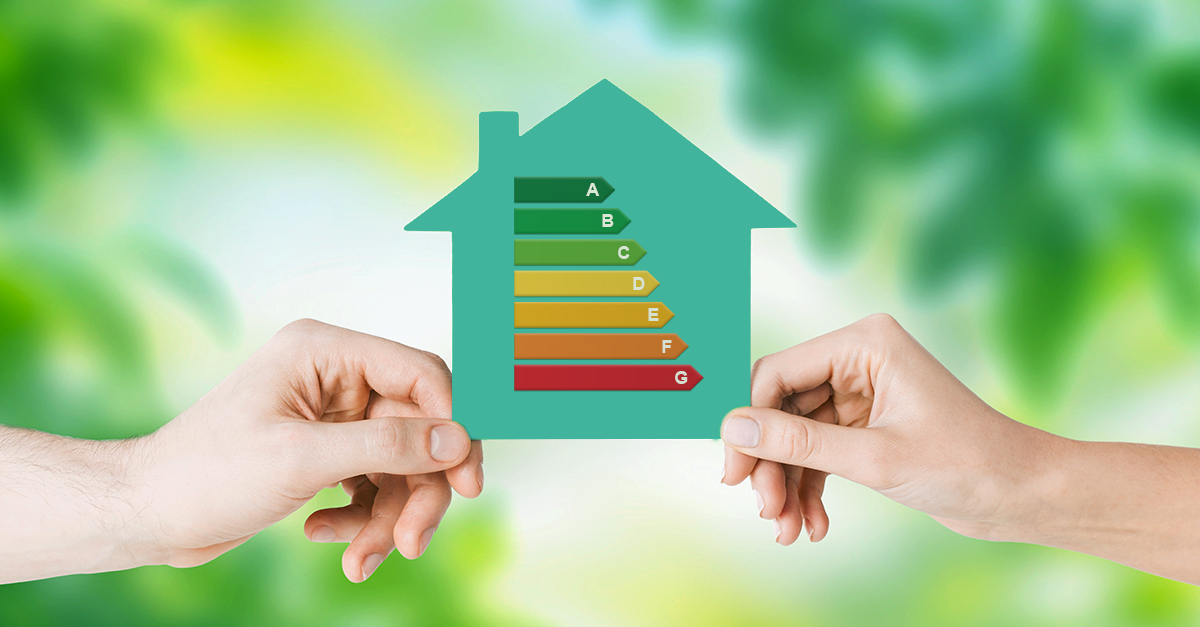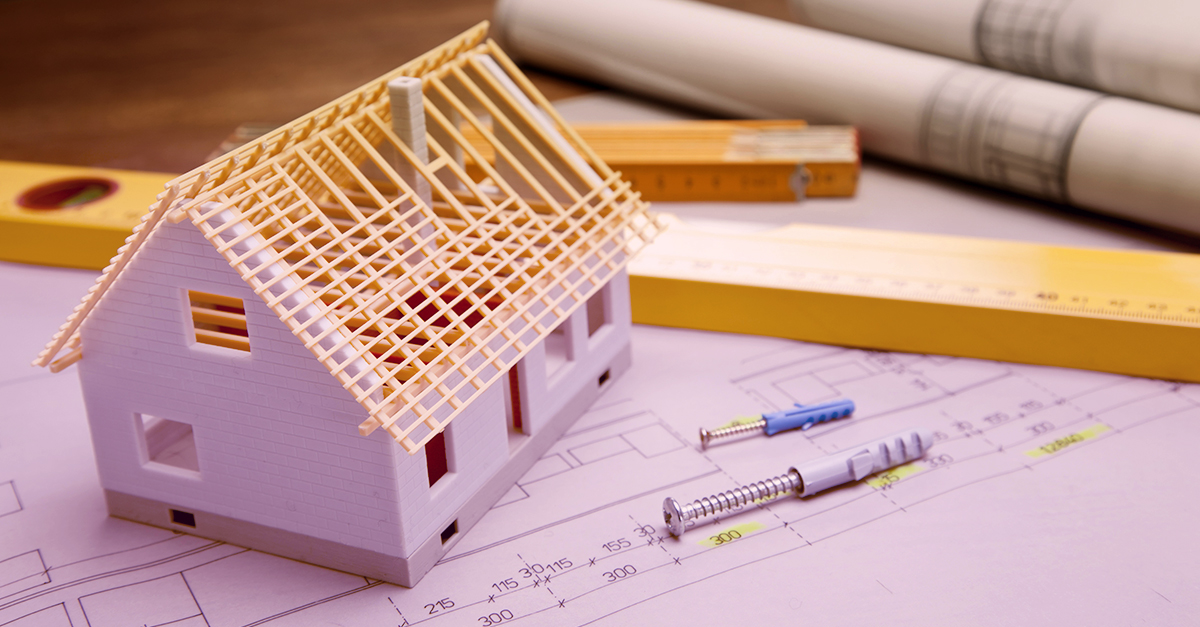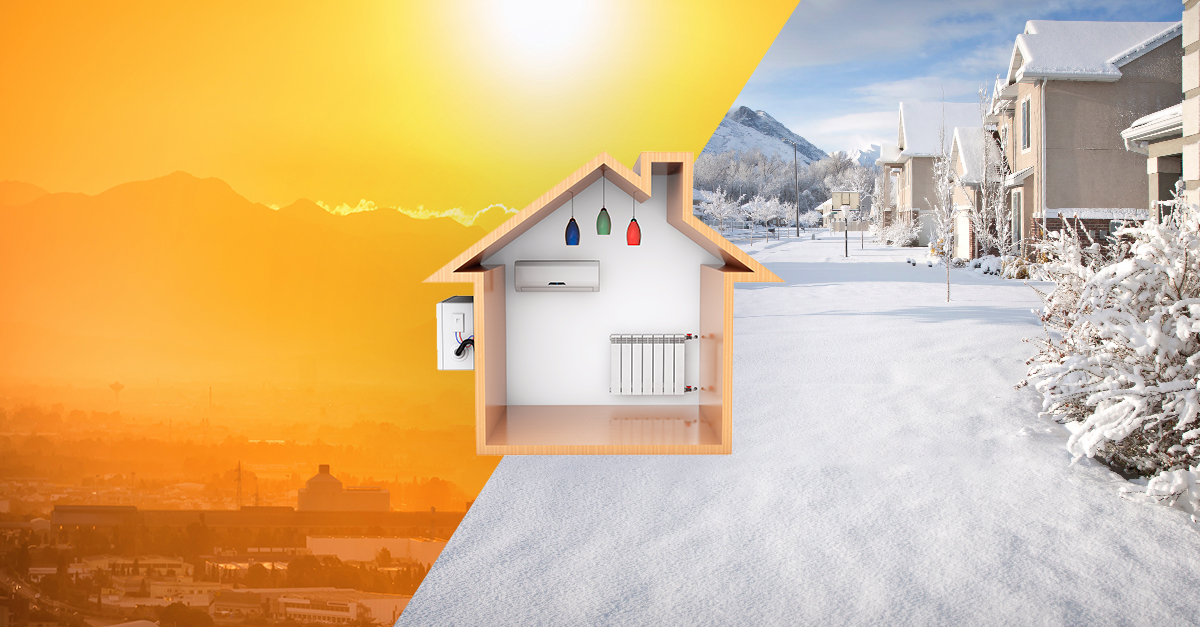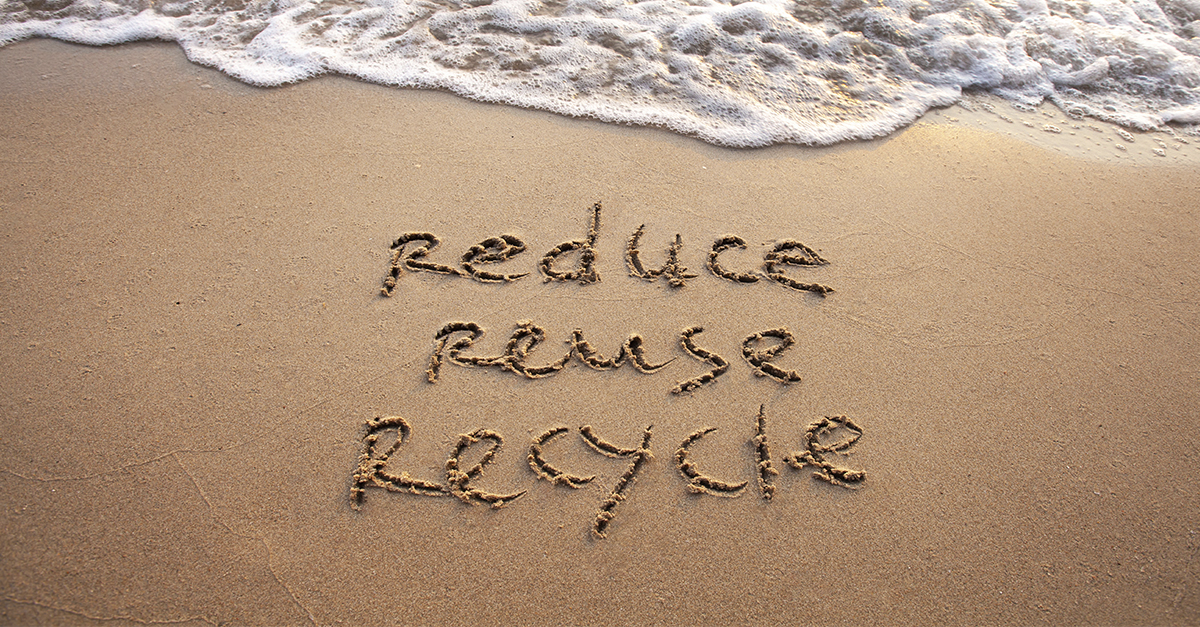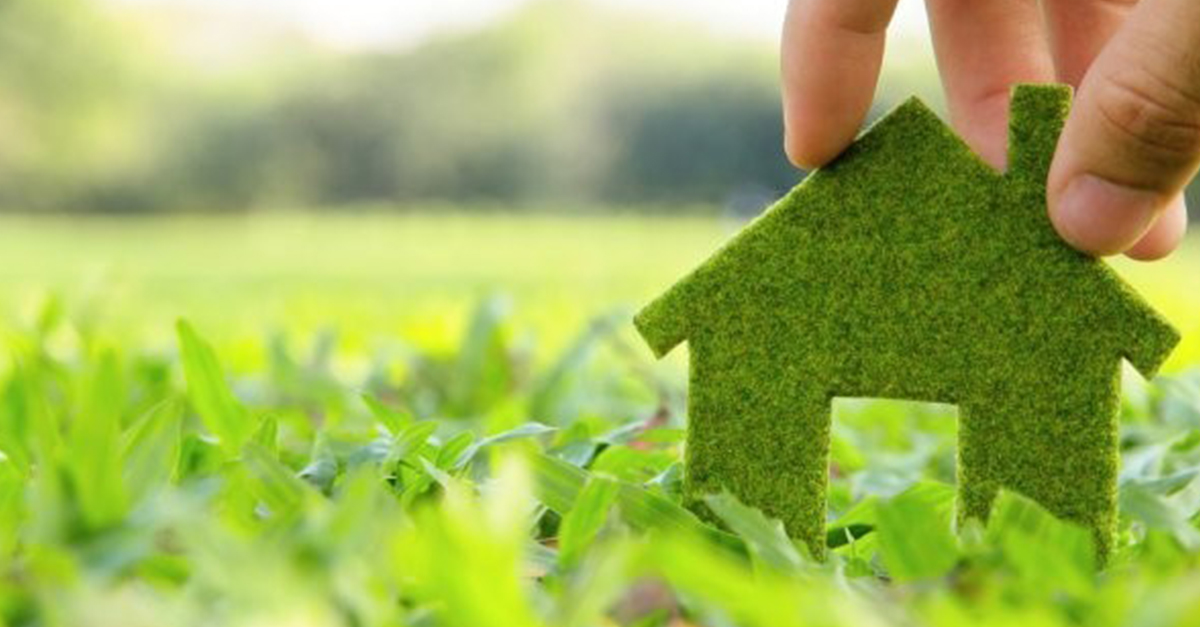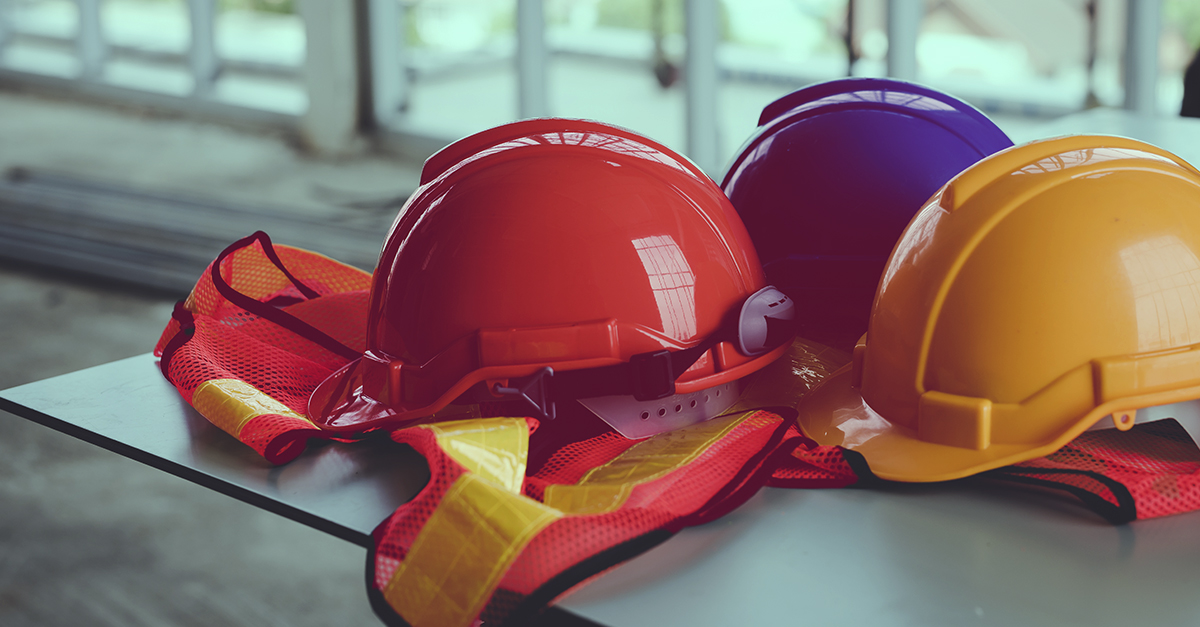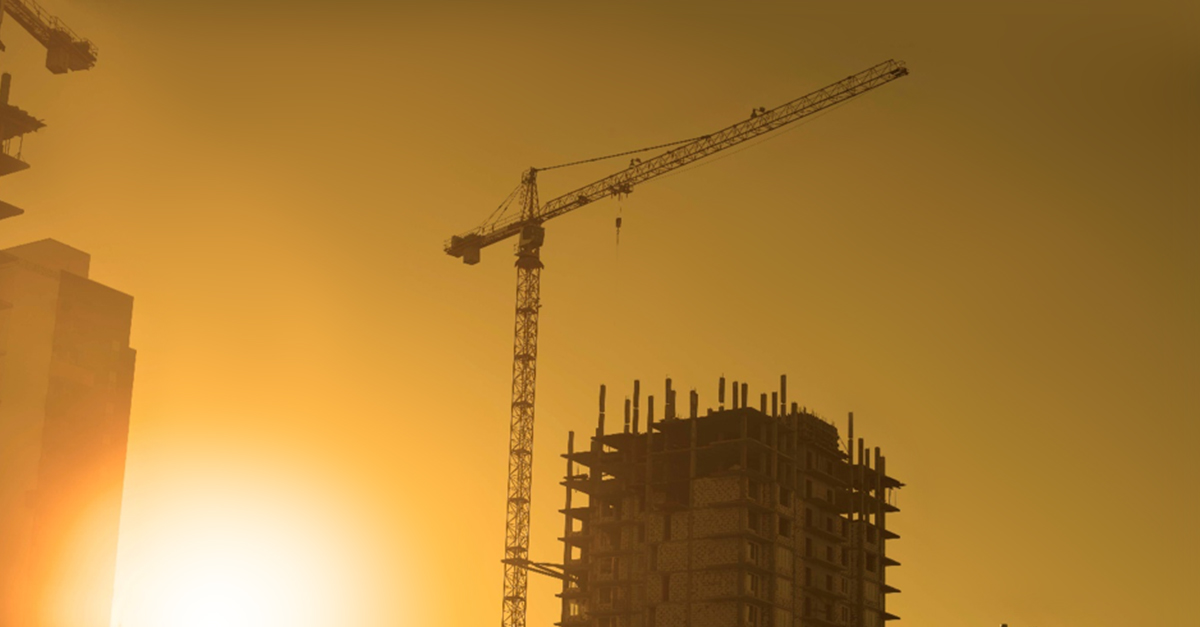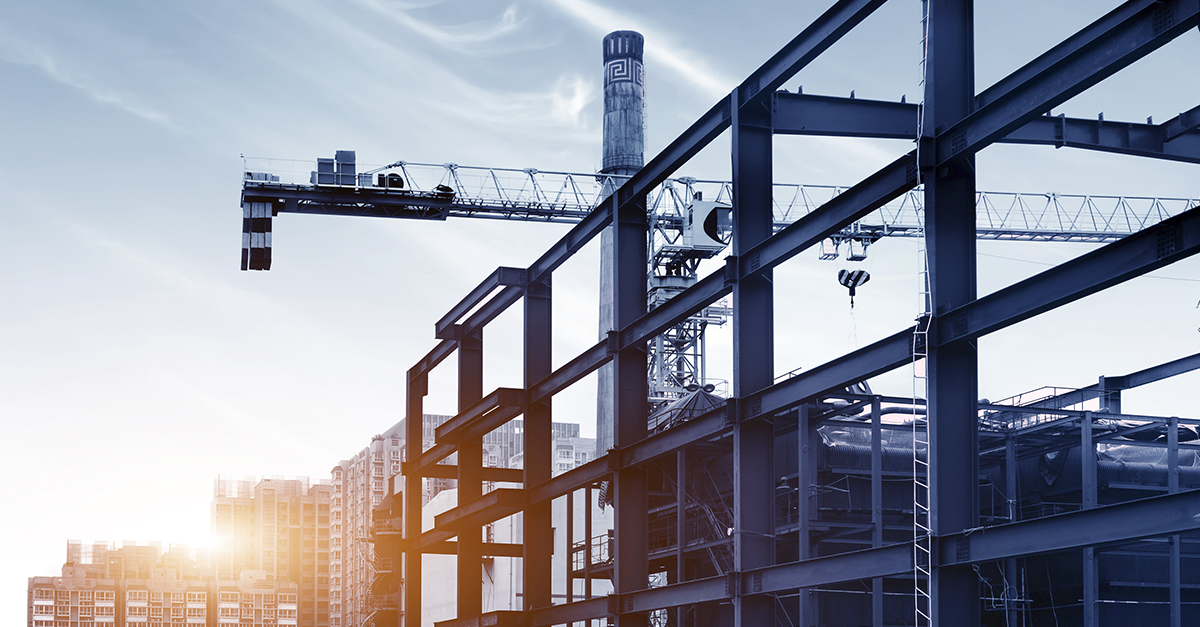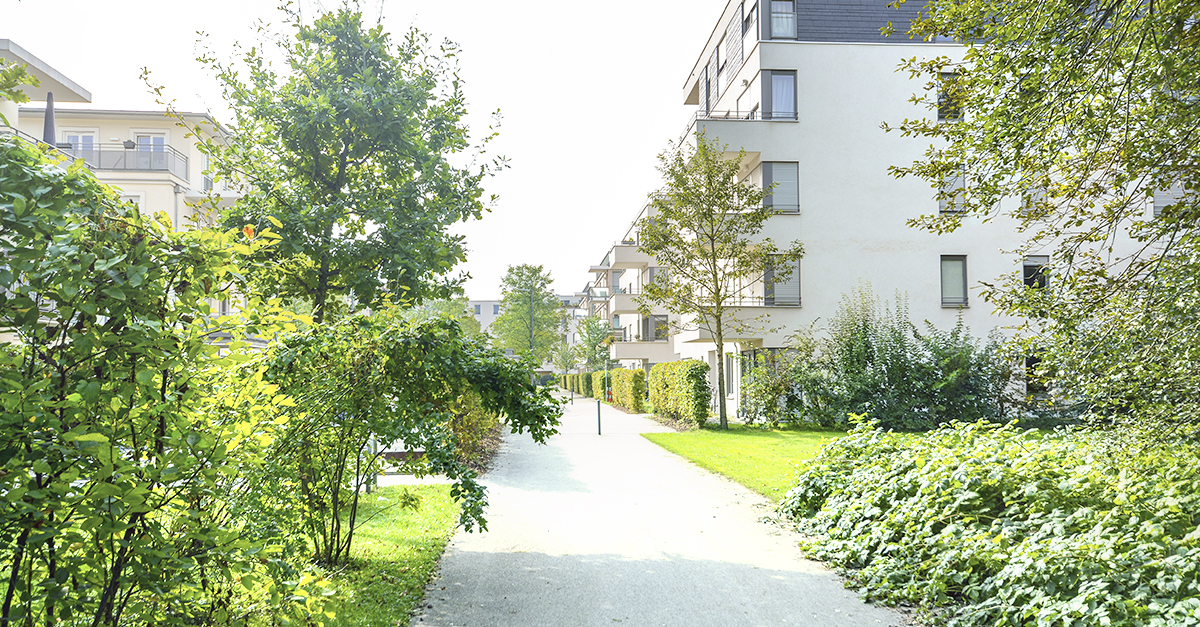Building insulation and its role in global climate goals
Insulation helps maximise energy usage and the use of natural resources, keeping a building warm in winter and cool in summer. Insulation is the key to sustainable construction that contributes to a carbon-neutral world.
Share
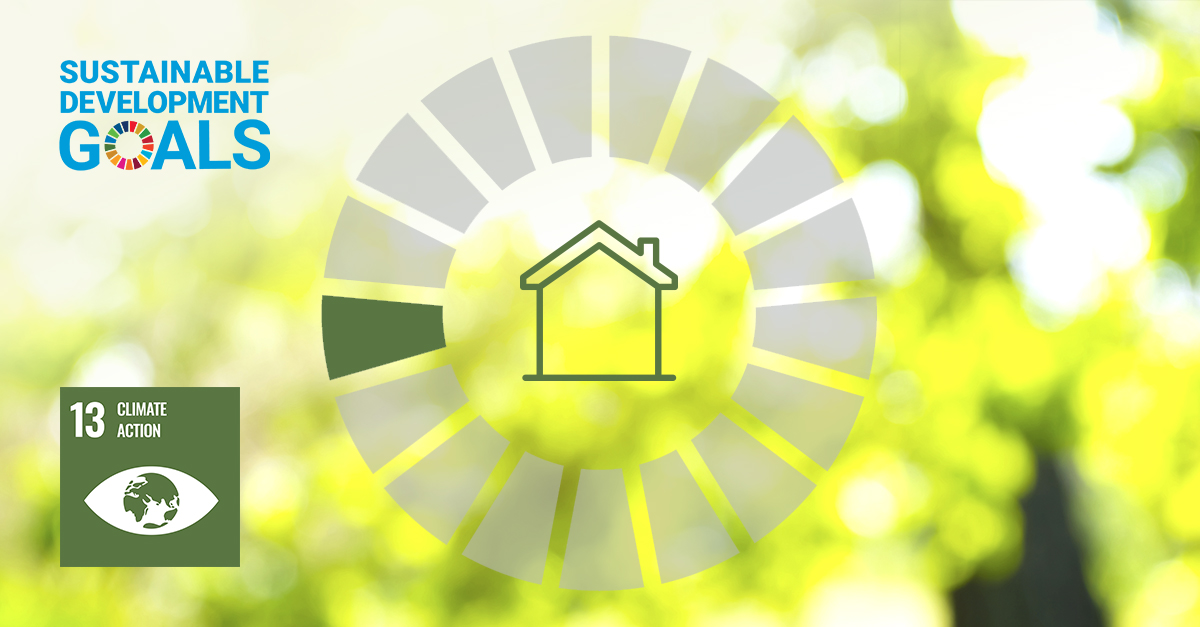
Climate change and the need for an immediate response are no longer matters for snobs or political facades. Extreme weather events, desertification processes, the energy crisis, and the depletion of natural resources are today's undeniable realities that affect us all. We cannot look through the main media outlets' front pages without spotting global warming-related news articles. Likewise, we cannot analyse public policies and corporate strategies without noticing a clear bet to reduce governments' and companies’ environmental footprint.
It is not for nothing that EU economic policy, including the most significant aid package in history, puts much of its focus on sustainable development and climate neutrality by 2050 "aimed to make sure the transition to a decarbonised economy leaves no one behind".
Reducing the impact of our activity on the environment and moderating our vast energy consumption is one of the few areas of agreement among the world's political leaders who have ratified the Paris Agreement.
The building sector is one of the main actors in this new era in which we will all be active players.
As representatives of the insulation industry, we have a firm commitment to sustainability goals to do our bit for a better world. So here we leave you with our dedication and objectives to achieve it.
The importance of insulation
Insulation is vital to improving the environmental performance of the construction sector. 75% of the EU's housing stock is energy inefficient, and retrofitting is essential to meet climate targets. What does this mean? It means reducing the carbon intensity of building materials. It means using more recycled and reused materials for more efficient use. It means buildings that meet their energy needs from renewable sources. Finally, it means greater control over the internal environment through greener designs or the refurbishment and renovation of existing building stock (both residential and commercial).
And yet, while lightweight construction materials and solar panels are necessary, they rely on a properly insulated building. There’s little point in solar power if most of it is wasted, passing straight through the walls and roof of your structure, causing you to overuse energy just to maintain a desirable temperature. On the other hand, insulation helps maximise energy usage and the use of natural resources, keeping a building warm in winter and cool in summer. Insulation is the key to sustainable construction that contributes to a carbon-neutral world.
The impact of properly-installed insulation
Insulation improves energy efficiency in every kind of building. The clear benefits include the following:
- Lower energy use: energy savings in a well-insulated home or office building are far more significant than the cost of manufacturing, purchasing and installing the insulation.
- Reduced greenhouse gas emissions: because an insulated building has greater control over its internal environment, the energy needed to maintain temperature and comfort is much less. Therefore, the emissions and pollutants associated with energy generation (including carbon dioxide, sulfur oxide, and nitrogen oxide) are also less.
- Better use of natural resources: by using recycled and reused materials in the production and manufacture of insulation, the depletion of resources is reduced. (At URSA, our mineral glass wool insulation contains over 70% recycled material).
As we can see, prioritising insulation supports progress towards global energy efficiency and climate neutrality goals.
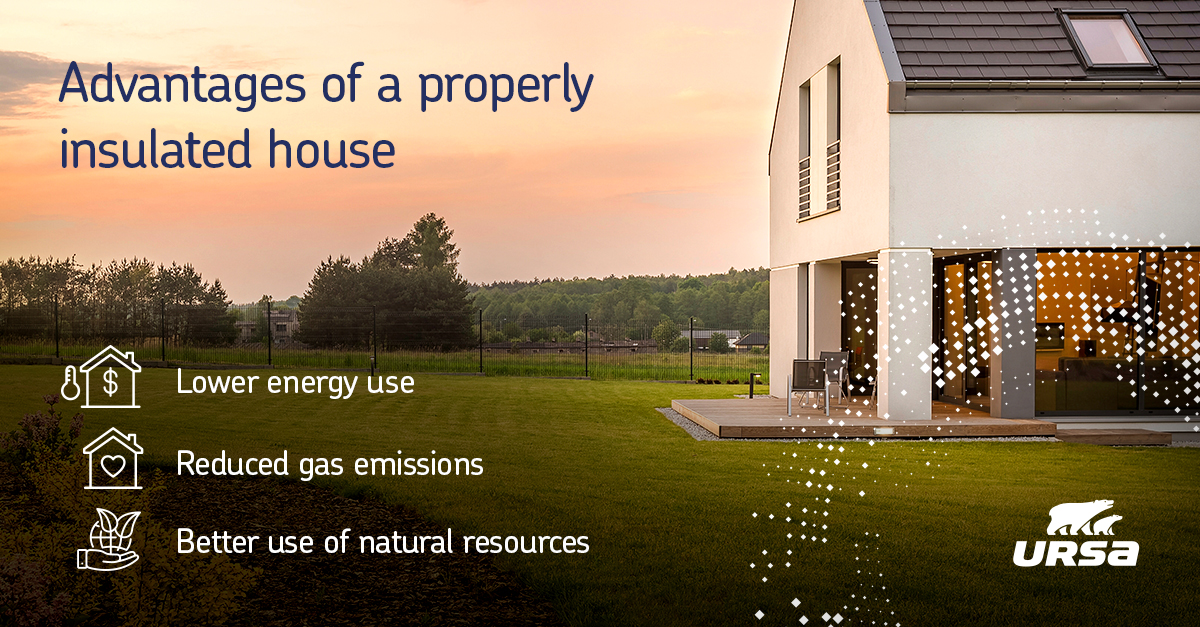

Risks to achieving climate neutrality
However, the path to an energy-efficient future needs to be clarified. Between climate-change denial, the harsh realities of trying to re-engineer whole economies, and a reluctance to abandon fossil fuels, achieving those EU 2030 goals takes a lot of work.
Likewise, despite numerous government-backed insulation schemes, the insulation industry needs help resolving its difficulties. Ironically, given that the goal is energy efficiency, a dependable energy supply has become a significant risk factor.
Because of the current situation in Ukraine, gas supplies are disrupted, impacting European countries especially hard due to their historical dependence on Russian gas.
The EU’s answer is the REPowerEU plan to make Europe independent from Russian fossil fuels well before 2030. The triple focus is on the following:
- Saving energy
- Generating clean energy
- Diversifying energy supplies
Saving energy is something every citizen, business and organisation can contribute to. A key measure would be the installation of insulation in every renovation or construction project.
However, in the short term, reducing our current gas demands can put industries at risk in the short time, including insulation manufacturing.
For example, producing mineral wool insulation requires furnaces operating at 1300-1500 celsius to melt raw materials such as basalt, diabase, dolomite and sand. Such a furnace cannot lose temperature, so any possible interruption of the power supply would damage the quality of the insulating material. Apart from difficulties for manufacturers, this would also mean disruption to construction and renovation activity, crucial to meeting the EU’s 2030 climate goals.
From a climate perspective, global priorities are clear: energy efficiency and emissions reduction. Any interruption to the insulation industry threatens the current drive to improve building stock and, indirectly, improve decarbonisation and emissions levels.
Share
Categories
Lastest news
Tags
- Accelerate Renovation
- Building Renovation
- Certification
- Circular Economy
- circulareconomy
- Climate change
- CO2 Reduction
- Comfort
- Deep renovation
- Descarbonization
- Diversity
- Energy efficiency
- Environment
- EPBD
- Equality
- ESG
- ETEX Group
- Eurima
- Green Deal
- Healthy Buildings
- Healthy homes
- Indoor air quality
- Industry
- innovation
- InspiringWaysOfLiving
- Insulation
- InternationalWomensDay
- LCA
- Mineral wool
- PrioritisePeople
- Recycle
- renewable energy
- Renovation Wave
- reuse
- Safe homes
- Safe life
- Safe work
- Safety
- Save
- Solidarity
- Sustainability
- Thermal insulation
- UN Sustainable Development Goals
- United Nations Global Compact
- UnitedToInspire
- URSA
- Ventilation
- waste
- We are URSA
- We are Xella
- Women
- WorldPolarBearDay
- Xella Group
